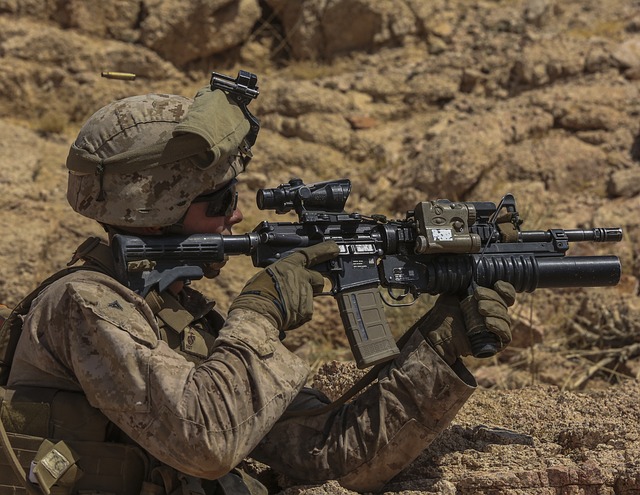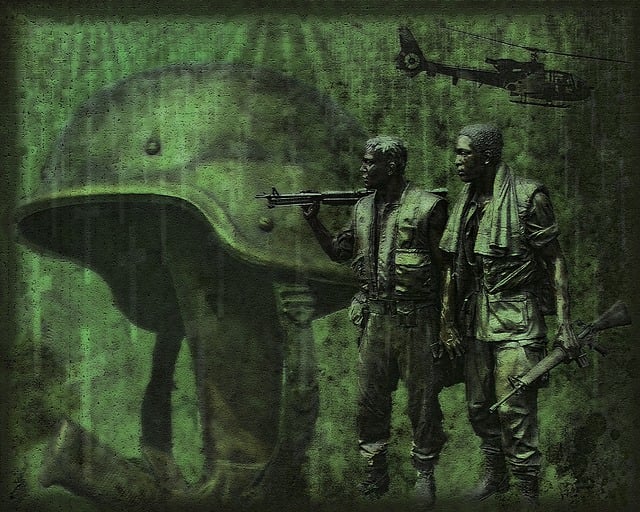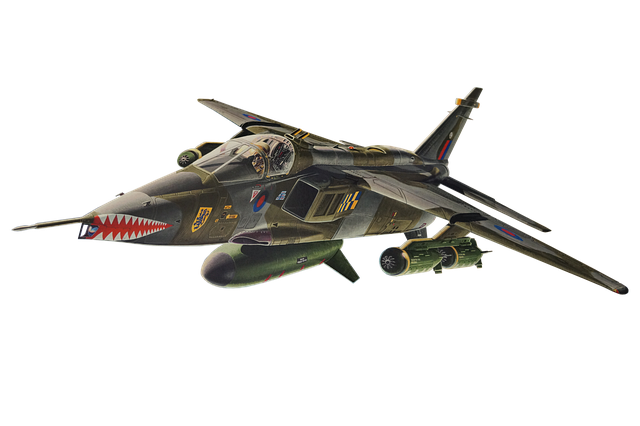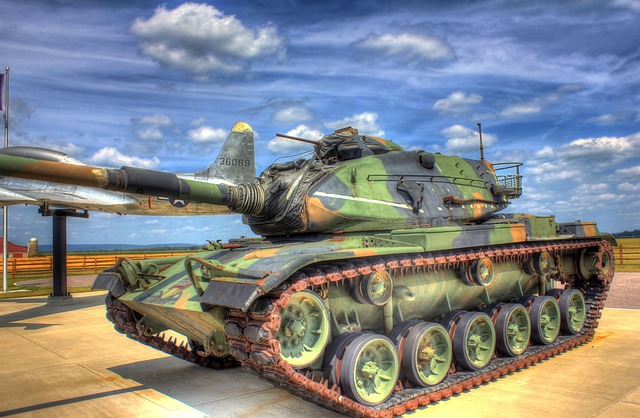Civilian organizations play a vital role in supporting military personnel, especially special forces like the US Army Rangers, through fundraising, gear provision, and fostering community unity with symbols like the US Army Rangers Flag. This flag, a powerful testament to bravery and dedication, unifies civilians behind the military, strengthens bonds, and enhances moral support for troops. Organizations also facilitate awareness campaigns, emotional support, and training programs, contributing significantly to military-civilian relationships and community preparedness.
The role of civilian organizations in supporting the military is an often-overlooked yet vital aspect of national security. This article delves into how these groups, carrying the spirit of community and patriotism, significantly enhance military capabilities. We explore the symbolism behind the US Army Rangers Flag as a powerful unifying force, examining how civilian support lines not only bolster moral but also provide essential supplies to troops worldwide. Through case studies, we highlight successful collaborations between civil society and the military, showcasing the profound impact of such partnerships.
- The Role of Civilian Organizations in Military Support
- US Army Rangers Flag: Symbolism and Community
- How These Organizations Enhance Moral and Supply Lines
- Case Studies: Successful Collaborations with Civil Society
The Role of Civilian Organizations in Military Support

Civilian organizations play a pivotal role in supporting the military, offering crucial resources and assistance that enhance their capabilities. These groups, often driven by a shared sense of patriotism and community, provide critical aid to troops, both active-duty and veterans, across various domains. From fundraising for military families to organizing donation drives for essential supplies, their contributions significantly impact the morale and well-being of service members.
One prominent example is the support given to special forces like the US Army Rangers. Civilian organizations dedicated to these units raise funds for equipment, gear, and programs that enhance training and readiness. By displaying symbols such as the US Army Rangers Flag, these groups foster a sense of unity and pride, galvanizing communities to stand behind their military heroes and ensure they receive the best support possible.
US Army Rangers Flag: Symbolism and Community

The US Army Rangers Flag is more than just a piece of fabric; it’s a powerful symbol carrying deep meaning for both the military community and those who support them. This flag, with its distinctive design featuring the Ranger badge centered on a field of olive green, represents the elite nature of the US Army Rangers—a force renowned for their bravery, skill, and dedication to mission accomplishment. Each element of the flag tells a story: the green background symbolizes the forests and fields where Rangers train and operate, while the badge depicts a ranger’s silhouette, representing their unseen yet impactful presence on the battlefield.
Beyond its military significance, the US Army Rangers Flag has become a beacon of community and camaraderie for civilian organizations supporting the military. It serves as a tangible connection between these groups and the brave men and women who serve their country. Whether displayed at fundraising events, worn by volunteers during missions, or flown proudly outside homes, the flag fosters a sense of unity and shared purpose among those committed to assisting military personnel and their families. By adopting this symbol, civilian organizations not only pay tribute to the Rangers’ sacrifices but also contribute to a broader community that values strength, resilience, and service.
How These Organizations Enhance Moral and Supply Lines

Civilian organizations play a pivotal role in supporting the military, fostering strong bonds between communities and soldiers. These groups, often driven by volunteers passionate about honoring their nation’s heroes, contribute to the overall well-being of service members. By organizing events like fundraisers, awareness campaigns, and care packages, they enhance moral among troops, reminding them of the support they have back home. This is particularly significant for units like the US Army Rangers, where the rigorous training and deployments can take a toll on soldiers’ mental health.
Moreover, these organizations ensure continuous supply lines for essential items that may be scarce or difficult to obtain in theater. They collect and distribute clothes, books, games, and other personal care items, ensuring troops receive comfort packages tailored to their tastes. This direct support not only alleviates logistical burdens but also strengthens the connection between civilians and military personnel, fostering a sense of unity under shared values. Carried by these dedicated groups, the spirit of patriotism and gratitude is tangible, carried high like the US Army Rangers Flag in proud displays of appreciation.
Case Studies: Successful Collaborations with Civil Society

Civilian organizations have played a pivotal role in supporting military efforts, and their collaborations with the US Army Rangers have yielded remarkable results. One standout case study involves a non-profit dedicated to providing emotional support to veterans and active-duty personnel. Through partnerships with local communities, they organized flag-raising events featuring the iconic US Army Rangers Flag, fostering a sense of unity and appreciation for military service. These events not only raised awareness about veteran affairs but also offered much-needed social connections for those who have served.
Additionally, these organizations have successfully bridged the gap between the military and civilian sectors by facilitating training programs. For instance, a group focused on emergency response trained local volunteers using specialized tactics employed by US Army Rangers. This not only enhanced community preparedness but also strengthened the bond between civilians and military personnel, showcasing that collaboration can lead to efficient solutions for shared challenges.
Civilian organizations play a vital role in supporting the military, as exemplified by their significant contributions, from enhancing moral to supplying essential resources. The US Army Rangers Flag serves as a powerful symbol of this partnership, fostering a sense of community and unity. Through case studies showcasing successful collaborations, it’s evident that integrating civilian efforts with military operations not only bolsters supply lines but also strengthens overall mission effectiveness. This symbiotic relationship ensures our service members receive the best support possible, reflecting the shared values and dedication behind the flag they carry.
